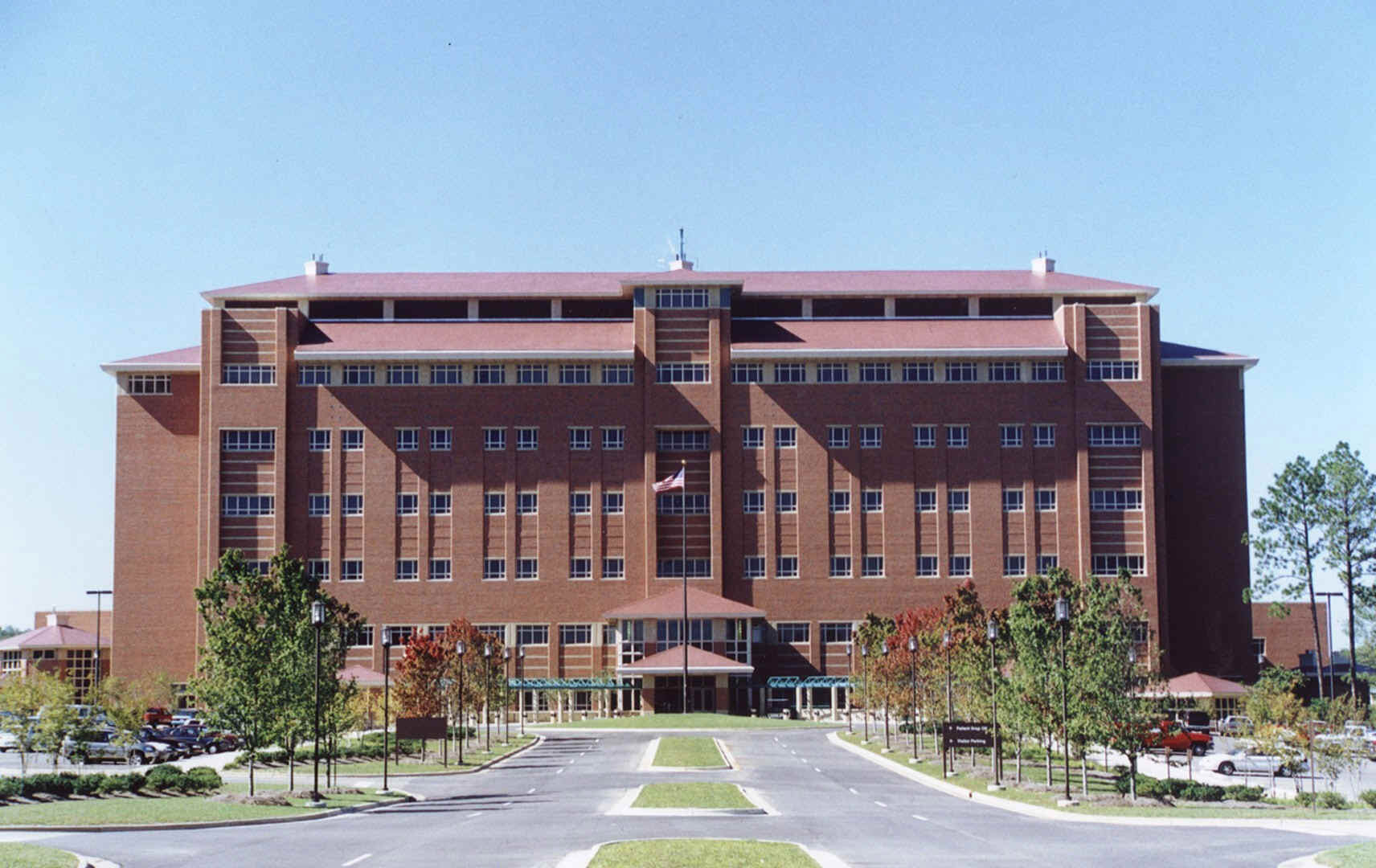
Womack Army Medical Center will launch a new medical information system, Military Health System Genesis, on March 19, bringing the military treatment facility closer to modern civilian healthcare technology standards.
“As Womack continues to grow, we need to be better and more efficient at integrating all the levels of care that we are delivering,” said Colonel Christopher Jarvis, commander of WAMC. “Womack is in pursuit of a Level Two trauma designation, which includes taking on civilian trauma cases in our ER, and having a system that is more in line with the civilian sector enables us to better communicate that delivered healthcare back to that individual’s healthcare team outside the military system.”
MHS Genesis takes several legacy electronic health records platforms and brings them under one, including the laboratory, pharmacy, radiology, inpatient, outpatient, and surgery departments. It will also replace Tricare Online, the patient portal beneficiaries use to schedule appointments and communicate with providers.
“From the macro perspective, it’s designed to improve access, safety, and quality of care,” says Major LaCharles Brown, the Fort Bragg site point of contact for MHS Genesis. “From what I’ve seen so far, the continuity of the patients’ records makes the system safer for our patients and more efficient for personnel who use it. So, when it’s fully implemented, it will be a single system of record for service members, veterans, and family members from their point of injury to when they’re retired.”
BENEFITS
The new system will also standardize medical notes. When civilian providers access medical information, it will look familiar to what they’re accustomed to from civilian systems, like Epic and Cerner.
MHS Genesis will also standardize workflows from facility to facility, says Brown.
The patient portal feature allows beneficiaries to directly connect with their providers, view test results, and schedule appointments. Communication between primary care and specialist providers, such as referrals, should also be smoother. At Womack, there are a potential 200,000 beneficiaries eligible to use the system.
The switchover means a temporary shortage of appointments and wait times for pharmacy, lab, and radiology results. Appointment times will also lengthen. Jarvis said Womack expects the decrease in capacity to last two to three months.
Unlike previous military records platforms, MHS Genesis is a commercial product adapted to the unique needs of the military. In January, 4,500 staff members began eight weeks of training on the new system. The transition timeline allows enough time for users to train and practice on-the-job learning as the system comes online.
Acquiring MHS Genesis-trained staff is getting easier, said Jarvis, since so many facilities are already using it. It will also help soldiers transitioning out of the Army and into civilian medical careers to know the civilian-like system.
The MHS Genesis rollout began in 2017 at Madigan Army Medical Center in Washington, among other West coast medical centers. Womack’s transition coincides with those at Marine Corps Base Camp LeJeune and Seymour Johnson Air Force Base.
Dr. Eliza Toffler, chief medical information officer and staff pediatrician at WAMC, said being one of the last medical centers to install MHS Genesis has its benefits.
“I was present at Madigan, and it’s to our benefit because of the tremendous number of changes and internal improvement they underwent, from feedback and experience at other sites,” says Toffler.
One of the lessons learned was to slow down the transition period to allow staff and providers to understand functions and capabilities and use them to the full extent, says Toffler.
Shannon Lynch, public affairs specialist at WAMC, has run an extensive awareness campaign for beneficiaries. Print, web, video and audio marketing tools informed service members, veterans and their families of the upcoming changes. Lynch said the campaign reached 600 people alone in the pharmacy area in just one day.
HISTORY AND FUTURE
The Department of Defense has long sought to upgrade its health information systems. Part of the motivation for the upgrade involved the creation of a system that seamlessly tied DoD and VA records together.
In 2015, DoD awarded Leidos Partnership for Defense Health a $4.3 billion contract to build MHS Genesis. DoD has requested more funding from Congress, including a fiscal year 2022 budget increase of $198.7 million for system deployment.
All military branches are using MHS Genesis and the rollout’s expected completion date is 2024. The VA side of the system is still under construction by Cerner, with its own budget and timeline.
Jarvis says the MHS Genesis is the largest electronic medical systemin the world, considering the size of the military and its global operations.
The DoD is capitalizing on the technological advancements brought on by pandemic adaptations.
Major Kate McCloud, Chief Nursing Informatics Officer at WAMC, says Womack can expect the new joint tele-critical care network, or JTCCN, to be operating in its ICU by the end of the year. The monitoring box, brought into a patient’s room, can connect local teams with a provider for consultations and monitoring the patient’s condition. This is especially helpful when a facility has a smaller group of critical care providers, says McCloud.
The popularity of telehealth drove the Military Health System to upgrade its Video Connect platform, creating a single source for patient telehealth services. McCloud says WAMC has more than 50% of its providers happily enrolled.
“It’s another virtual opportunity that will expand our capabilities,” says McCloud.

Mike BerkMike Berk is still getting settled into his new office and home, but his enthusiasm for his new role as CEO of Longleaf Pine REALTORS® is already in full swing. Just a few weeks into the job, the association management veteran sat down with